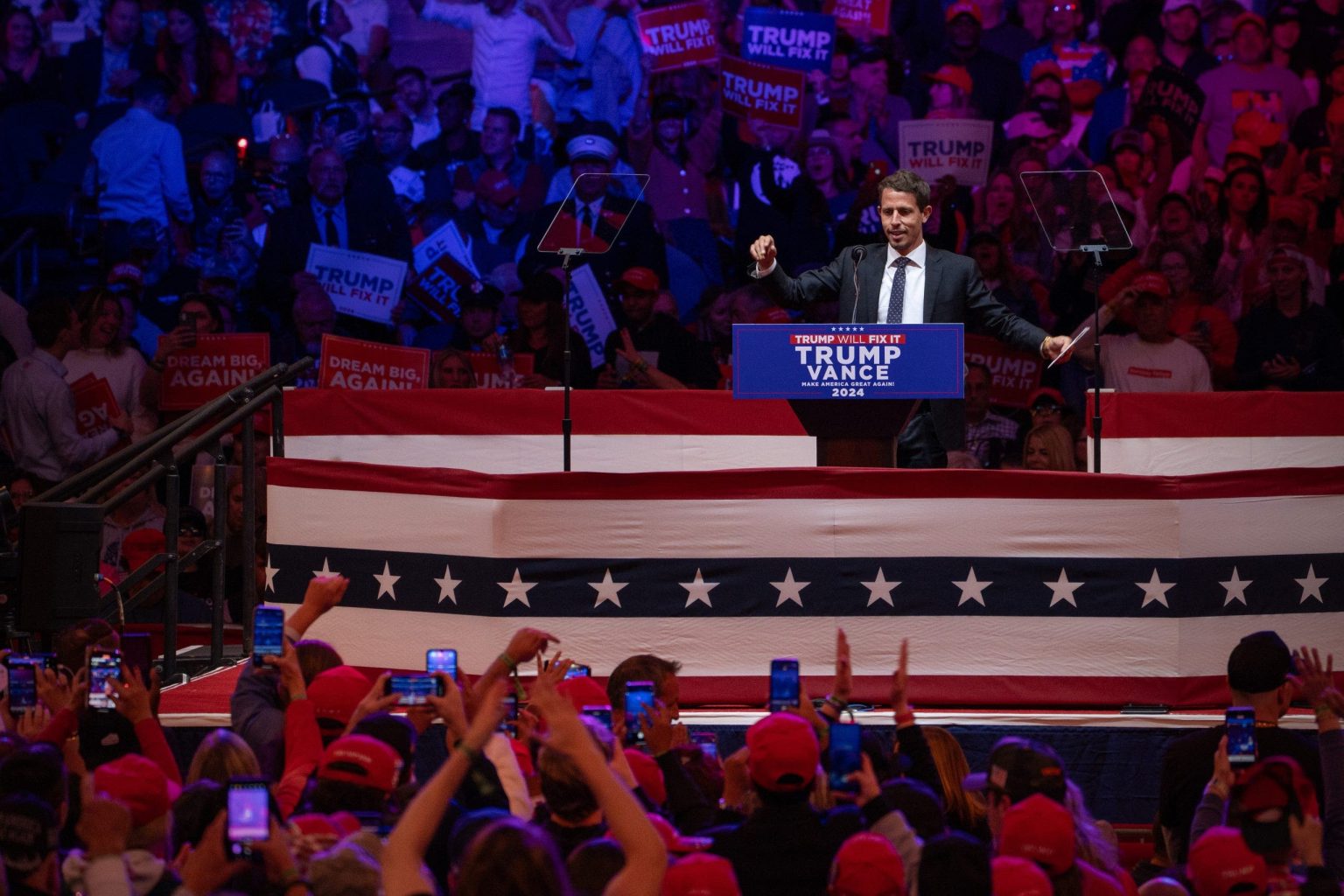Comedian Tony Hinchcliffe made a joke during Donald Trump’s rally in Madison Square Garden in which he referred to Puerto Rico as a “floating island of garbage,” sparking widespread criticism from both Republicans and Democrats. Democratic New York Rep. Alexandria Ocasio-Cortez and Minnesota Governor Tim Walz, who is Vice President Kamala Harris’ running mate, were among those who condemned Hinchcliffe’s remarks. Florida GOP Rep. Maria Elvira Salazar and Rep. Carlos Gimenez, both of Cuban American heritage, also spoke out against the joke, stating that it does not reflect the values of the Republican Party. In response to the backlash, the Trump campaign distanced itself from Hinchcliffe’s comments, with senior Trump campaign adviser Danielle Alvarez stating that the joke does not reflect the views of President Trump or the campaign.
Despite the criticism he faced, Hinchcliffe defended his joke, claiming that it was taken out of context and that those who were offended simply lacked a sense of humor. He took aim at Ocasio-Cortez and Walz, accusing them of overreacting to his comedic material. Hinchcliffe argued that he was making fun of a variety of subjects during his set, not just Puerto Rico, and insisted that he loves the territory and vacations there. The comedian’s refusal to apologize and his dismissal of the backlash only added fuel to the fire, leading to further condemnation from those who viewed his comments as inappropriate and offensive.
The controversy surrounding Hinchcliffe’s joke highlighted the ongoing tensions within the Republican Party and the broader political landscape. The response to the comedian’s remarks revealed deep-seated divisions over issues of race, ethnicity, and political correctness, with individuals on both sides of the aisle expressing differing opinions on the appropriateness of the joke. In particular, the fact that Hinchcliffe targeted Puerto Rico, a U.S. territory with a predominantly Hispanic population, underscored the sensitivity of the subject matter and the need for greater awareness and understanding of cultural sensitivities.
The incident also raised questions about the role of humor and satire in public discourse, particularly in an increasingly polarized and contentious political environment. While comedy has long been used as a tool for social commentary and critique, the line between humor and offense can be subjective and easily crossed, as demonstrated by the backlash to Hinchcliffe’s joke. The comedian’s insistence on defending his remarks highlighted the complexities of navigating controversial topics in comedy and the challenges of striking a balance between entertainment and respect.
Moving forward, the fallout from Hinchcliffe’s joke is likely to fuel ongoing debates about free speech, political correctness, and cultural sensitivity in the realm of comedy and public discourse. The incident serves as a reminder of the power of words and the importance of considering the impact of one’s language, especially in a media-saturated society where messages can be quickly disseminated and amplified. As individuals and communities grapple with the implications of such incidents, the need for constructive dialogue, empathy, and understanding becomes all the more apparent in addressing complex and divisive issues in the public sphere.


